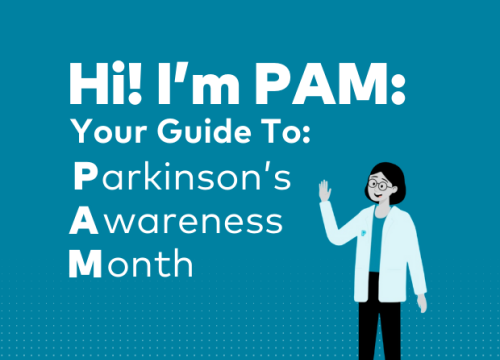Bradykinesia (Slowness of Movement)

Bradykinesia means slowness of movement and speed (or progressive hesitations/halts) as movements are continued. It is one of the cardinal symptoms of Parkinson’s disease (PD). You must have bradykinesia plus at least either tremor or rigidity for a Parkinson’s diagnosis to be considered.
In Parkinson’s, this slowness happens in different ways:
- Reduction of automatic movements (such as blinking or swinging your arms when you walk)
- Difficulty initiating movements (like standing out of a chair)
- General slowness in physical actions
- The appearance of abnormal stillness or a decrease in facial expression
This translates into difficulty performing everyday functions, such as buttoning a shirt, cutting food or brushing your teeth.
Bradykinesia can be particularly frustrating because it is often unpredictable. One moment you can move easily, while in the next moment you may need help.
Managing Slowness of Movement
Levodopa is the medication most commonly given to control the movement symptoms of Parkinson’s. Dopamine agonists, MAO-B (monoamine oxidase type B) inhibitors, and amantadine can also be used alone or in combination with other medications to improve slowness, as well as stiffness and tremor.
If you experience “off” periods (changes in your ability to move, usually related to medication timing) when bradykinesia and other symptoms are worse, adjusting the dose or schedule of your medication could help. Talk to your healthcare provider before making any changes to your medications.
In addition to medications, exercise should be part of your treatment plan for all Parkinson’s symptoms. Staying active is an essential element of living well with PD.
Research also suggests that music therapy can reduce bradykinesia and other Parkinson's symptoms.
Page reviewed by Dr. Jun Yu, Movement Disorders Fellow at the University of Florida, a Parkinson’s Foundation Center of Excellence.


